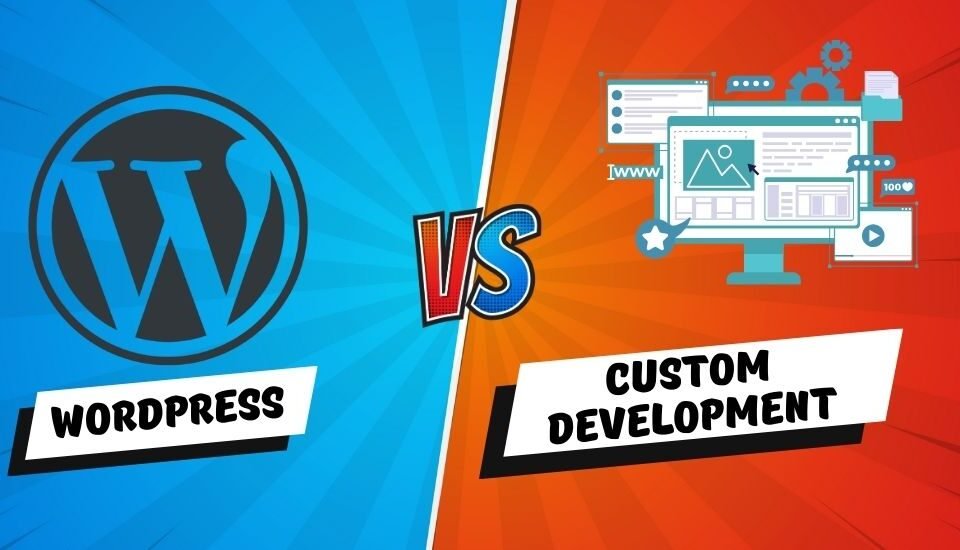- Have any Query ?
- +91-7008562317
- +91-9438140285
- webmaster@sitsindia.co.in
How can I market my business online ?

How can I market my business online ?
Marketing your business online is a multifaceted endeavor that requires a strategic approach to reach and engage your target audience effectively. With the right tactics, you can enhance your online presence, drive more traffic to your website, and ultimately increase your customer base and sales. Here’s a unique and comprehensive guide to marketing your business online, tailored around the keyword “market my business online.”
1. Develop a Strong Brand Identity
Your brand identity is the foundation of your online marketing efforts. It encompasses your logo, color scheme, tone of voice, and overall aesthetic. A strong, consistent brand identity across all online platforms helps build recognition and trust with your audience.
2. Optimize Your Website for Search Engines (SEO)
SEO is crucial for increasing visibility and driving organic traffic to your website. Research and integrate relevant keywords into your website’s content, meta titles, descriptions, and URLs. Ensure your site has a mobile-friendly design, fast loading times, and high-quality, engaging content to improve rankings and user experience.
3. Create Compelling Content
Content marketing is a powerful tool to attract and retain customers by creating and sharing valuable content. Start a blog, make instructional videos, or create infographics relevant to your industry. This not only helps with SEO but also establishes your business as an authority in your field.
4. Leverage Social Media Marketing
Choose social media platforms where your target audience is most active. Use these platforms to share your content, interact with followers, and promote your products or services. Social media ads can also be a cost-effective way to increase your reach and target specific demographics.
5. Utilize Email Marketing
Email marketing allows you to communicate directly with your customers and prospects. Use it to promote new products, share exclusive offers, and distribute valuable content. Personalization and segmentation of your email list can greatly increase engagement rates.
6. Engage in Pay-Per-Click (PPC) Advertising
PPC advertising can quickly drive traffic to your site. Platforms like Google Ads and Facebook Ads allow you to create ads that appear to users who are searching for keywords related to your business or fit certain profiles. It’s a flexible way to allocate your advertising budget based on performance.
7. Implement Affiliate and Influencer Marketing
Collaborating with influencers or setting up an affiliate marketing program can extend your reach to new audiences. Choose partners whose audiences align with your target market for the most effective collaboration.
8. Analyze and Adjust Your Strategy
Use analytics tools to track the performance of your online marketing efforts. Google Analytics can provide insights into website traffic, conversion rates, and customer behavior. Use this data to refine your strategy and make informed decisions about future marketing efforts.
9. Stay Up-to-Date with Digital Marketing Trends
The digital landscape is constantly evolving. Stay informed about the latest trends and technologies in online marketing to keep your strategies fresh and effective. This might include exploring new social media platforms, adopting new content formats, or leveraging emerging technologies like AI and machine learning for personalized marketing.
Conclusion
Marketing your business online requires a comprehensive strategy that includes SEO, content marketing, social media engagement, email outreach, PPC advertising, and more. By developing a strong brand identity, creating valuable content, and leveraging various digital marketing channels, you can effectively reach and engage your target audience. Remember, the key to success is consistency, adaptability, and a keen eye on performance metrics to continually refine your approach.
Embarking on your online marketing journey can seem daunting, but with the right strategies and a bit of creativity, you can significantly enhance your business’s online presence and drive growth.
FAQS
1. How do I create a strong brand identity for my online business?
Creating a strong brand identity involves understanding your business’s core values, target audience, and unique selling propositions. Start by choosing a memorable logo, a cohesive color scheme, and a consistent tone of voice that reflects your brand’s personality. Apply these elements consistently across all online platforms, from your website to social media profiles, to build recognition and trust with your audience.
2. What are the key elements of SEO I should focus on to optimize my website?
The key elements of SEO to focus on include keyword research to identify terms your target audience is searching for, on-page optimization (such as meta titles, descriptions, and content optimization), site speed, mobile-friendliness, and creating high-quality, engaging content that addresses the needs of your audience. Building backlinks from reputable sites can also improve your site’s authority and ranking.
3. How often should I post new content on my blog or social media?
The frequency of posting new content can vary depending on your resources and the platform. For blogs, posting at least once a week can help keep your website fresh and improve SEO. For social media, the frequency can be higher; aiming for daily posts is ideal, depending on the platform and your audience’s engagement levels. The key is consistency and quality over quantity.
4. Can email marketing still be effective in reaching customers in the age of social media?
Yes, email marketing remains highly effective in reaching and engaging customers directly. It allows for personalized communication and segmentation that social media cannot match in precision. By providing value through newsletters, exclusive offers, and relevant content, businesses can foster loyalty and encourage repeat business through email marketing.
5. How do I measure the ROI of my PPC advertising campaigns?
Measuring the ROI of PPC campaigns involves tracking conversions that can be directly attributed to your ads, such as sales, sign-ups, or leads. Use tools like Google Analytics to track these conversions and compare them against the cost of your ads. This will help you determine the profitability of your campaigns and make informed decisions about budget allocation and strategy adjustments.
6. What’s the best way to collaborate with influencers or affiliates?
The best way to collaborate with influencers or affiliates is by choosing partners whose audience aligns with your target market and whose values resonate with your brand. Establish clear communication about expectations, deliverables, and compensation. Authentic and mutually beneficial partnerships tend to yield the best results, enhancing credibility and reach for your business.
7. How do I stay up-to-date with digital marketing trends?
Staying up-to-date with digital marketing trends involves continuous learning and adaptation. Follow reputable marketing blogs, attend webinars and conferences, participate in online forums, and experiment with new tools and platforms. Being proactive and open to change will help you leverage the latest strategies and technologies to keep your online marketing efforts effective and competitive.



